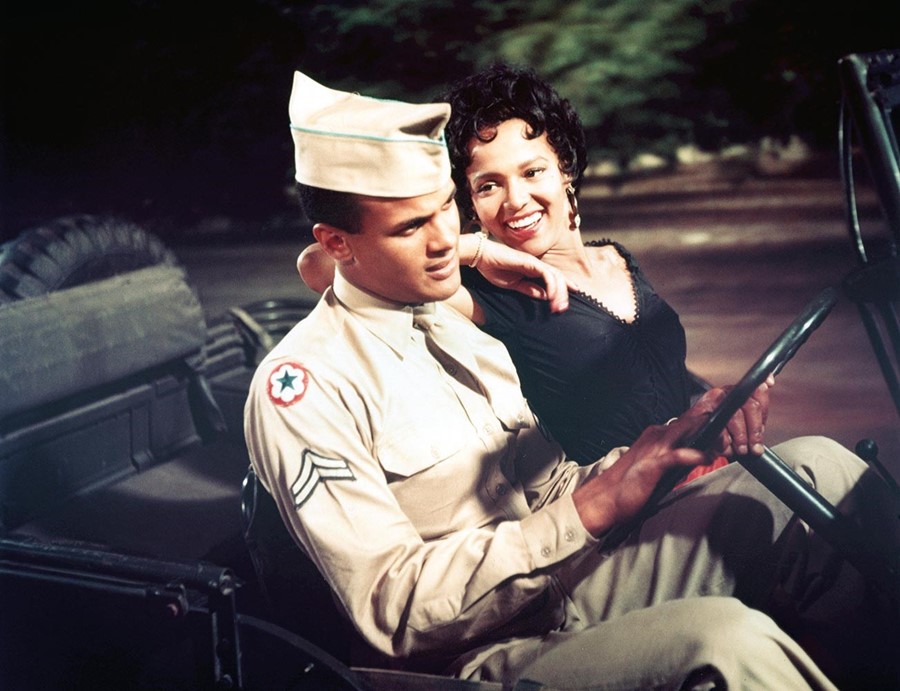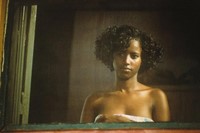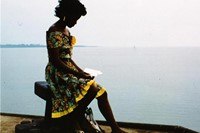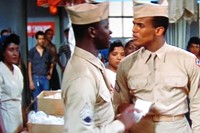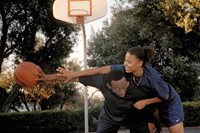As the BFI Love season continues its blockbuster celebration of amorous films, we reflect on the problematic whiteness of on-screen romance
The language of love is the most universal language of all, and yet the majority of the romances we see on film are lived by light-skinned characters. Hollywood is a notoriously and overwhelmingly white industry, where the idea of charm and beauty is generally linked to a paler skintone, and while cinema is widely considered the most powerful means of visual art form we have, it doesn’t always portray the world for what it really is.
Romantic comedies led by people of colour are completely non-existent; the dearth of on-screen black love stories has been interrupted from time to time by sporadic examples of more culturally progressive filmmaking. Even so, the assumption that a love story between two racially diverse people isn’t as broadly appealing or profitable as one between two white actors still influences the decisions of many studio executives and casting agents. What's more, romcoms with diverse casting tend to be segregated into specific markets, based on the preconception that their demographic pull is necessarily niche.
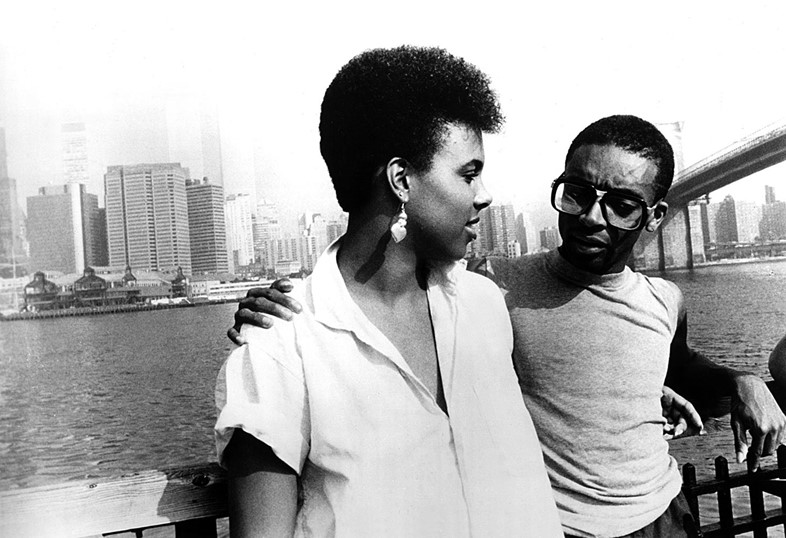
The whitewashing of cinematic romance was the focus of this week’s BFI’s Feminist Guide To Love event, where a panel of experts including British actress Isaura Barbé-Brown, Media Studies lecturer Hannah Hamad, and poet and activist Bridget Minamore led a discussion highlighting the issues around the shortfall of black relationships in modern cinema. Here, we reflect on the most powerful conversations from the night…
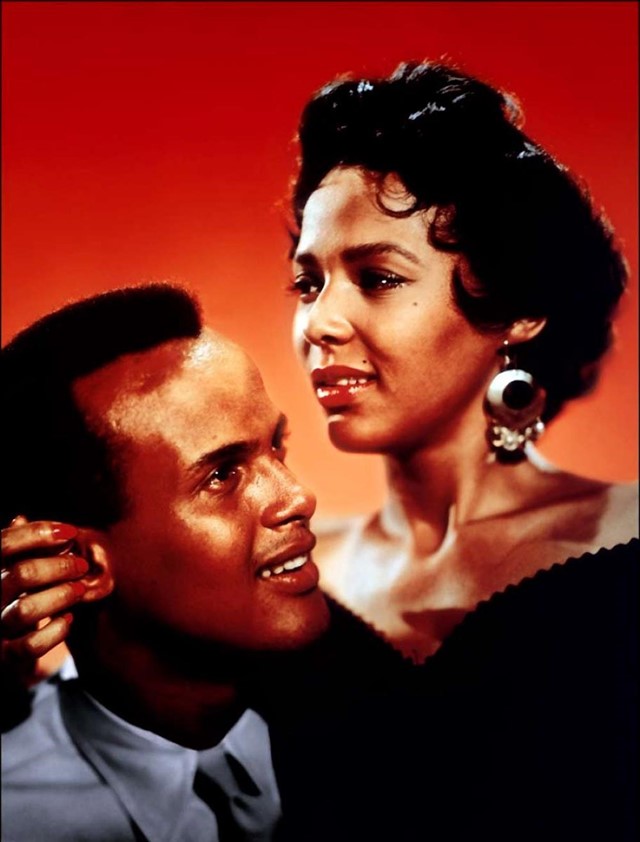
Isaura Barbé-Brown on rom-com archetypes…
“I’ve always loved romantic comedies, and I grew up falling in love with Johnny Castle, Lloyd Dobler, Tom Hanks in Sleepless in Seattle... As a child, it never occurred to me that I was different from these women, or that all the men were white either. It never crossed my mind that I’m not what the girl who gets the guy looks like, but then I started acting and it became an unavoidable truth. I am a black woman, and no matter how good at acting I am, how pretty I make myself or how smart or interesting or funny I strive to be, I will never be the wispy long-haired girl, or the quirky pixie-cut oddball.”
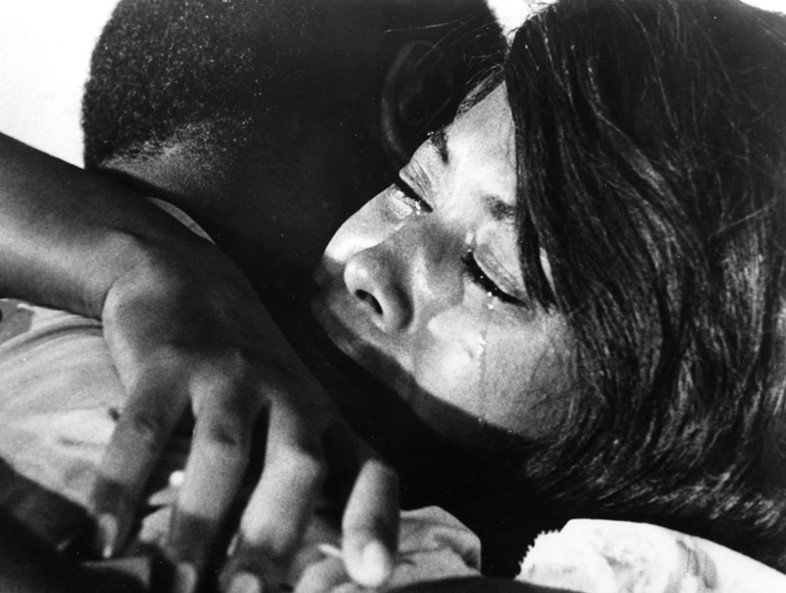
Hannah Hamal on tokenistic casting of non-white actors…
“In mainstream romantic comedies the central couples are almost exclusively whites, whereas the role of people of colour is often trivialised; their presence tends to be tokenistic or inconsequential to the formation of the main couple. Even in cases where a person of colour occupies a more prominent role in the romcom narrative, their principle narrative function remains that of facilitating the romance between two white characters.”
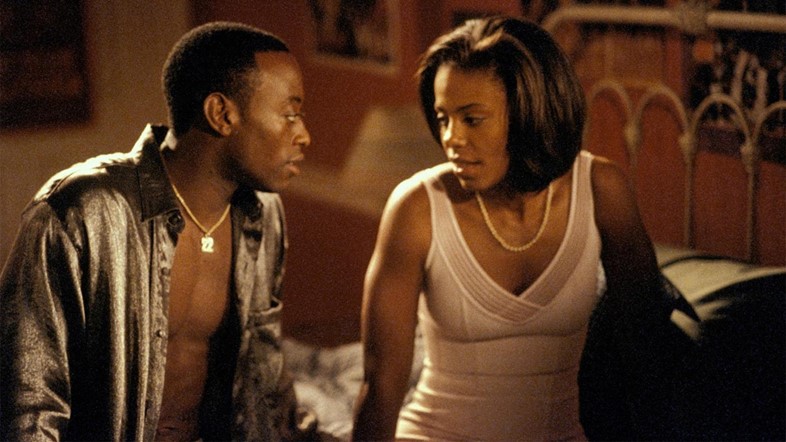
Bridget Minamore on ‘the sassy black woman’…
“I was trying to unpick why black women in particular aren’t seen in romantic comedies and I kept on coming back to the idea of vulnerability. I realised that in pretty much all romantic comedies I could think of the heroine had to be vulnerable in some way, and I don’t think black women are seen as vulnerable. The sassy black woman trait is something that we’ve seen everywhere, and that feeds into the major narrative that black women are strong and therefore in many ways undesirable.”
The BFI's LOVE season runs until December 2015.
